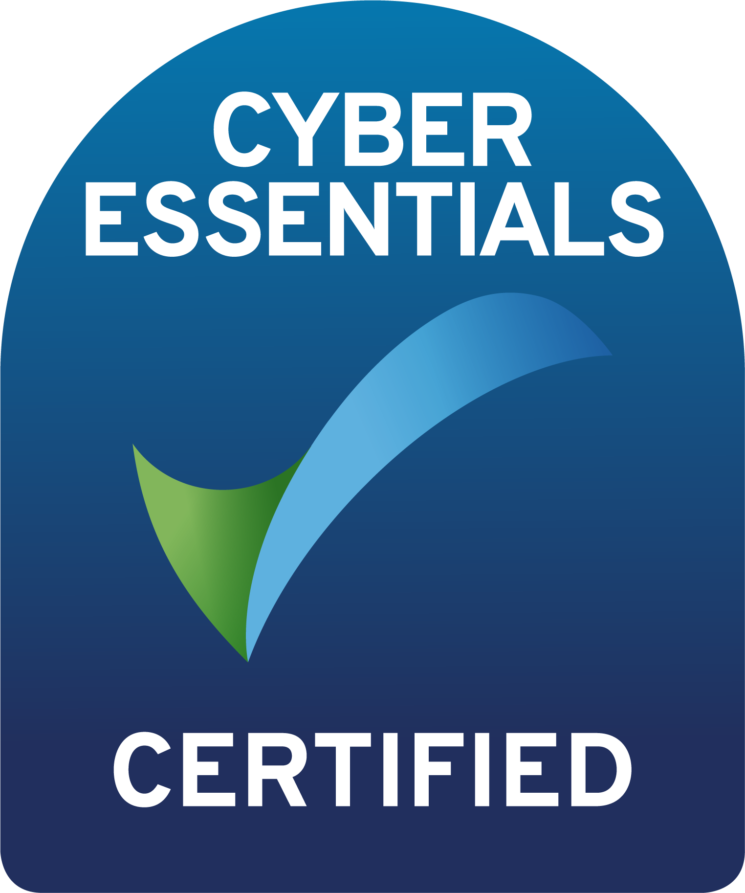MedResQ’s Commitment to International Medical Assistance
Monday the10th of February marked International Epilepsy Awareness Day. Suffering from a seizure, perhaps for the first time, and being diagnosed with Epilepsy is an incredibly daunting and stressful time. When this happens whilst travelling overseas, in a foreign country, the stress and worry is only compounded. Epilepsy is a complex neurological condition, and ensuring a patient’s safe repatriation home after a seizure requires careful consideration, clinical expertise and experience. Our approach is designed to provide optimal care while prioritizing patient safety and well-being.
Understanding the Challenges
Patients experiencing seizures require careful assessment before determining their suitability for repatriation. Our clinical and repatriation evaluation guidelines categorize cases into three key subgroups:
- Generalized Tonic-Clonic Seizures (GTCS), witnessed or with evidence suggesting GTCS
- Status Epilepticus (a prolonged seizure state requiring urgent intervention)
- Focal seizures, including absence, myoclonic, clonic, tonic, and atonic seizures
Each case requires careful consideration to determine whether the patient is stable enough for repatriation and whether additional medical support through a medical escort is necessary.
Comprehensive Assessment for Repatriation
Before any repatriation is approved, MedResQ follows a rigorous evaluation process, which includes:
- Reviewing patient history to identify common seizure triggers, such as fever, sleep deprivation, or medication non-compliance.
- Assessing whether the patient has undergone a full neurological evaluation, including EEG, imaging, and toxicology screening when necessary.
- Ensuring that any precipitating factors have been addressed and the patient is stable post-seizure.
Unescorted vs. Medically Escorted Repatriation
Not all epilepsy cases require medical escorts. Unescorted repatriation is generally only considered if the following conditions are met:
- A clear, reversible trigger has been identified and corrected.
- The patient has been stable for more than 48 hours post-seizure.
- Medication adherence has been confirmed, and there is no further immediate risk
However, additional medical supervision during travel is likely required if:
- The seizure’s duration, frequency, or underlying cause presents a high risk.
- The patient’s behavioral compliance (e.g., medication adherence, alcohol abstinence) is uncertain.
- Local hospital care is inadequate, requiring in-transit medical supervision.
For complex cases, such as status epilepticus or patients requiring advanced neurological workups, MedResQ deploys specialized medical teams, including doctors or air ambulance services, to ensure the highest level of care.
Our Commitment to Patient Safety
MedResQ’s epilepsy repatriation protocol is built upon international best practices, clinical guidelines, and patient-centered care. By ensuring rigorous evaluation, expert medical oversight, and the appropriate level of escort support, we help patients with epilepsy travel safely back to their home country with confidence and security.
This International Epilepsy Day, we reaffirm our dedication to supporting individuals with epilepsy through our specialized repatriation services. At MedResQ, trust is everything—and ensuring the safe return of our patients remains our highest priority.



